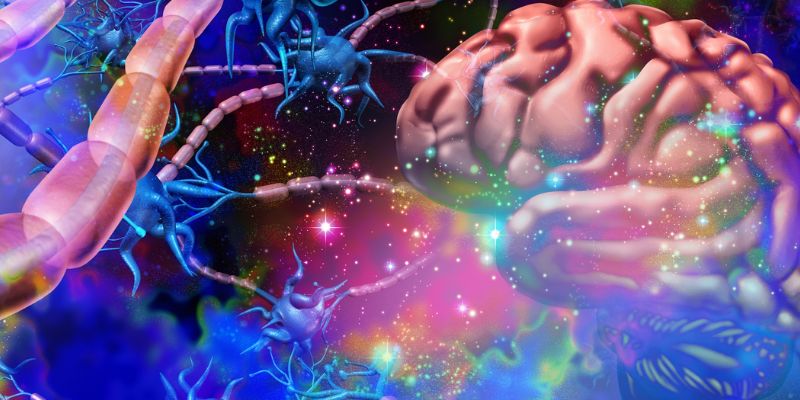The psychedelic drug psilocybin, found in magic mushrooms, has been shown to alter the the brains of people with severe depression in a unique way, a new study has found.
According to researchers, these results mean that psilocybin could be used to treat depression in a way that other antidepressants are unable to.
Studies are being conducted into psychedelics and how they can help treat various mental health disorders.
People with depression are being warned not to take psilocybin on their own. The study uses a synthetic form of the drug under strict medical conditions, with psychological support from experts before, during and after the drug is taken by participants.
- Approval to test psychedelic drug to treat depression
- Hallucinogenic drug study to explore potential depression treatment
Professor David Nutt, study author and head of the Imperial College London’s Centre for Psychedelic Research, said that these latest findings regarding psilocybin were “exciting” and “important”.
He continued to explain that, with depression, the brain can get stuck in a rut and a particularly negative way of thinking.
When given psilocybin, peoples’ brains were freed and became “more flexible and fluid” within three weeks.
This was visible through increased connections between areas of the brain when patients were scanned. According to the researchers, these patients tended to experience improved moods months later.
These changes were not visible in the brains of people who were given a standard antidepressant.
Professor Nutt said: “This supports our initial predictions and confirms psilocybin could be a real alternative approach to depression treatments.”
Psychedelics are hallucinogenic substances which influence the senses. They can alter how someone thinks, and how they perceive time and emotions.
The researchers say that while antidepressants need to be taken daily, psilocybin might need to be taken only once or twice to give the same effect. Nevertheless, they state that further research over longer periods is needed to confirm this.
The researchers conducted two studies, the first involved prescribing participants psilocybin, the second was a randomised controlled trial. Some participants were given psilocybin and the others were given a different antidepressant.
Throughout both studies, all patients received talking therapies with registered mental health professionals and had brain scans taken before and one day or three weeks after.
Professor Robin Carhart-Harris, senior study author, explained: “We don’t yet know how long the changes in brain activity seen with psilocybin therapy last, and we need to do more research to understand this.
“We do know that some people relapse, and it may be that after a while their brains revert to the rigid patterns of activity we see in depression.”
Findings from earlier in the study revealed a decrease in symptoms of depression after taking psilocybin therapy, however the researchers were unsure how or why this happened.
They want to expand their research by testing their theory of changes in brain connectivity on other mental health disorders, for example anorexia.
The research was published in the journal, Nature Medicine.




